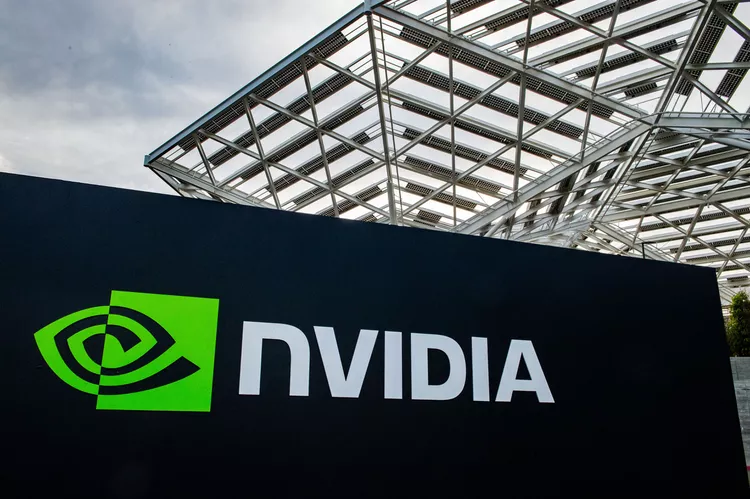Nvidia, a global leader in artificial intelligence chip development, has raised concerns about the Biden administration’s proposed regulations aimed at tightening control over AI chip exports. The Santa Clara-based tech giant criticized the new rule, expected to be published soon, arguing that it could undermine the United States’ global leadership in AI innovation and economic growth.
Ned Finkle, Nvidia’s Vice President of Government Affairs, expressed the company’s opposition, warning that the regulation would introduce unnecessary bureaucratic barriers to the global design and marketing of advanced semiconductors, systems, and software developed by U.S. companies. “This rule threatens to derail innovation and economic growth worldwide,” Finkle stated, emphasizing that America’s competitive edge in AI technology would be at risk.
The proposed regulation is part of a broader effort by the U.S. Commerce Department to ensure global AI chip exports are closely monitored. The primary objective is to prevent adversaries, particularly China, from leveraging advanced AI capabilities to enhance military operations. However, Nvidia argues that such controls would not achieve their intended national security goals, as much of the technology is already accessible through gaming and consumer hardware.
Finkle asserted that rather than enhancing security, the rules could weaken America’s position as a global technology leader. “These measures would not mitigate threats but would instead undermine the innovation that has kept the U.S. ahead,” he added. Nvidia’s stance reflects concerns that the restrictions could stifle the growth of a sector critical to the future of both technology and economic development.
The administration’s focus on AI technology regulation highlights the growing tension between fostering innovation and ensuring national security. As the final details of the rule are awaited, the debate over balancing these priorities will likely continue, with major implications for U.S. tech companies and the broader global AI landscape.

